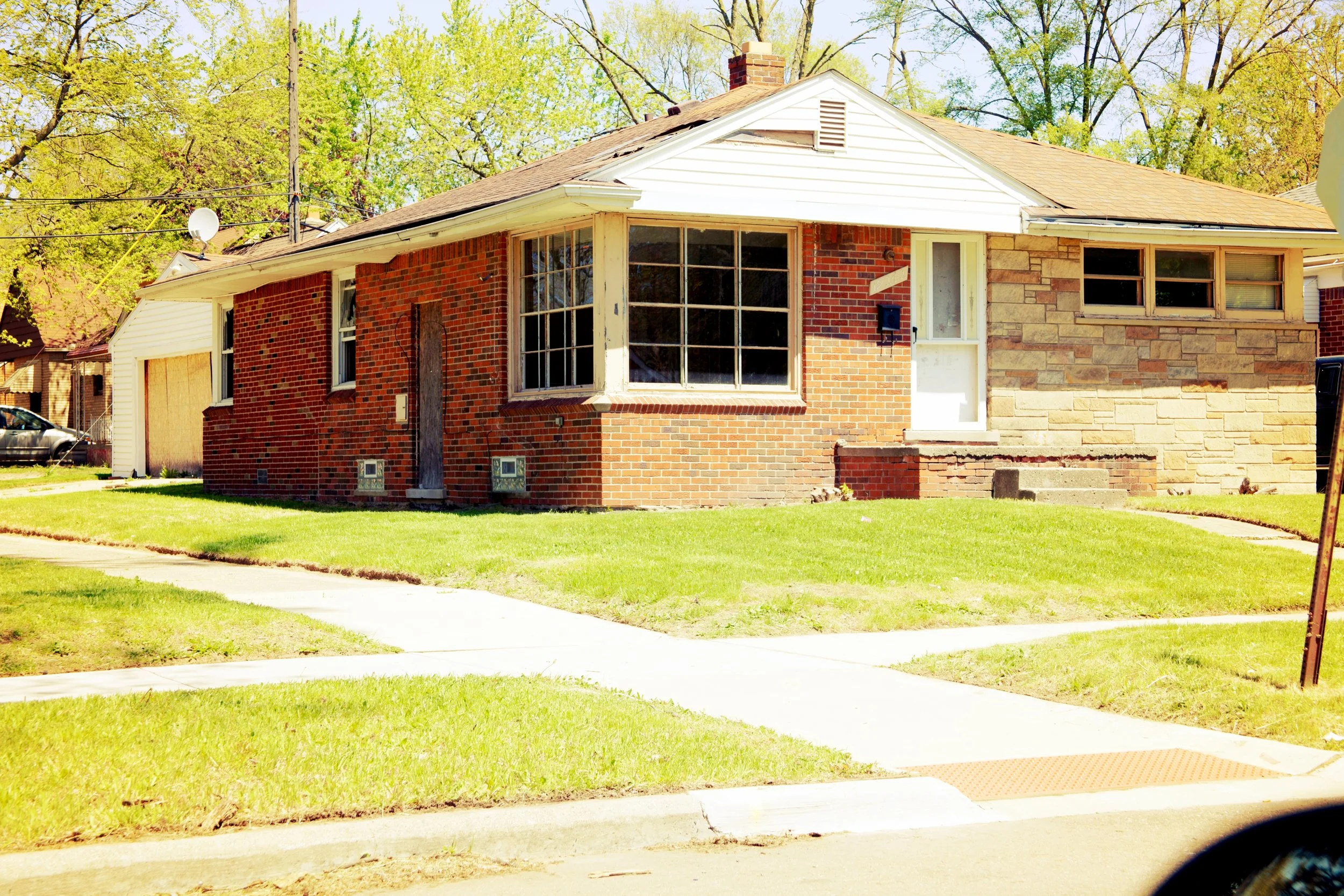It's almost fall, and in Southeast Michigan that means the country's biggest property tax auction is underway.
The Wayne County property tax auction takes place online, at wayne.realforeclose.com, and there are actually two of them. The first round, which went live Sept. 5, with closings beginning Sept. 23, sets properties at a starting bid equal to the amount owed in taxes. The second, held in October, sets properties that didn't sell in September at a starting bid of $500.
More than 18,000 properties are on the block. Last year, the county treasurer's office offered 21,350 properties and sold 12,333 for a total of $46 million. The person in charge of the auctions, Chief Deputy Treasurer David Szymanski, said he's never heard of another auction that comes close to being as large.
The 18,000 figure comes from a total 42,000 properties on which the treasurer's office initiated foreclosure proceedings. "We could have pursued twice as many, but our office couldn't handle the volume," Szymanski said.
Cuyahoga County, which encompasses Cleveland, is the county with the next highest figures, as far as Szymanski knew. Cuyahoga initiated foreclosure proceedings on 801 delinquent properties from January through end of July this year, and expects the number to hit 2,600 by year's end, according to its county prosecutor's office.
Cuyahoga has a total of about 48,000 delinquent properties built up over several years. Wayne County's comparable figure is 199,000. Szymanski doesn't expect Wayne County's number to begin falling for another two years.
One of the many issues that arise from managing the volume of properties is that people don't do their homework and end up with properties that are rubble. They might only have looked at Google Maps and saw an image of a nice home, not realizing it no longer exists.
The treasurer's office this year considered bundling dilapidated properties into one auction item that no one would touch, and then put them on a path toward demolition. The idea was dropped, however, because of a lack of time, with the exception of a few failed subdivision and condo developments.
The auction attracts buyers of all sorts, from gougers and speculators to renovators and do-gooders, say businesses, nonprofits and real estate professionals familiar with it. Herb Strather, chairman of Strather Academy and former chairman of MotorCity Casino, has been urging metro Detroiters to participate in the auction and become homeowners.
"How is the city going to look 10 years from now if it's predominantly owned by outsiders?" he said.
Strather holds an auction course for adults that lasts through the October auction and takes the students through a real buying and selling process, with students going into the field to check on properties of interest, earning fees for research they do on properties the class ends up buying, and, for students who choose to invest in the pool of funds used to buy properties, earning returns.
Citibank is working with the class to provide 30-year mortgages for as low as $10,000 at 4.6 percent to potential buyers, Strather said.
He said many occupants don't realize they can participate in the auctions, or that they can buy their homes at auction even after losing their homes in a mortgage foreclosure. That's because lenders, too, sometimes don't pay their taxes.
"Yes, banks do walk away from properties," Szymanski said, roughly estimating this year's collection of tax-foreclosed properties includes 1,700 parcels belonging to financial institutions.
That's one of the widespread beliefs about the auction that happens to be true. Another belief is that most of the buyers are foreign.
The numbers say otherwise. According to a spreadsheet provided to Crain's by the treasurer's office, of the 12,250 parcels sold at last year's auction, 263 — or about 2 percent of the total — were from "non-USA" buyers. Buyers in the U.S. outside of Michigan accounted for about 13 percent of the total, with 1,600 parcels purchased. Michigan buyers bought the other 10,300.
Those figures are in line with information gathered at Loveland Technologies LLC, the Detroit business behind WhyDontWeOwnThis.com, which tracks the auctions and statuses of Detroit properties.
"I would expect it to be less than 10 percent," said Alex Alsup, Loveland business officer and partner.
Some foreign buyers probably partner with locals, so the office cross-referenced bank accounts looking for foreign sources and came up with similar numbers. Szymanski said even if some transactions are masked by local accounts, the total would still not be that high, and noted that foreign buyers have no reason to hide their purchases since they aren't illegal.
"In my mind, where a person lives is not as important as how they treat the property," he said.
Loveland held two classes on the auction this summer, and about 150 people showed up to each, suggesting heightened interest.
"I expect it to be more active than last year's auction. It's a combination of the attention on Detroit going through bankruptcy and more stories about cheap property," Alsup said.

